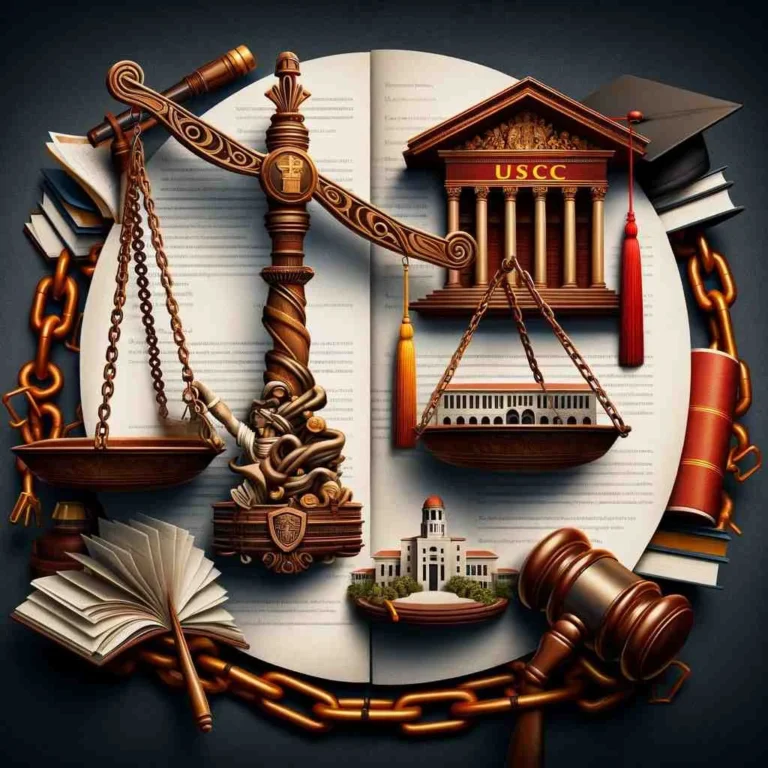In the instructional international, few names keep as a lot weight as that of C.W. Park and the USC Lawsuit a distinguished professor at the University of Southern California (USC). Known for his giant research in marketing and customer conduct, Park has been a giant determined in his area. However, recent occasions have thrust him into the highlight for reasons unrelated to his educational achievements. The controversy surrounding Park involves a lawsuit that has raised questions on ethics, institutional duty, and the pressures confronted by teachers inside the current college device.
The Background
C.W. Park and the USC Lawsuit has been a professor at USC’s Marshall School of Business for numerous decades. He is nicely-appeared for his contributions to advertising theory, especially within the regions of brand control and customer psychology. His research has been published in several top-tier journals, and he has received numerous awards for his work.
However, the lawsuit in the query does now not pertain to his academic contributions. Instead, it revolves around allegations of misconduct which have sparked a heated debate in the instructional network and beyond.
The Allegations
The lawsuit, filed with the aid of a former doctoral pupil, accuses Park of quite several beside-the-point behaviors. The allegations encompass claims of intellectual property robbery, coercion, and abuse of strength. According to the plaintiff, Park allegedly took credit scores for studies thoughts that had been at the start conceived by his students, pressuring them to relinquish their contributions in the alternative for academic development. Additionally, the lawsuit claims that Park created hostile painting surroundings, and used his role of authority to intimidate and control college students.
These allegations have brought to light problems that are regrettably now not unusual in academia. The electricity dynamics between professors and college students can on occasion lead to exploitation, with students feeling compelled to conform to unethical needs to steady their future careers.
The University’s Response
USC has spoken back to the lawsuit with the aid of launching an inner investigation. The college has said that it takes all allegations of misconduct seriously and is committed to making sure an honest and thorough review of the claims. However, critics argue that USC’s reaction has been slow and inadequate, reflecting broader systemic issues in the group.
The controversy has additionally prompted discussions about the effectiveness of current mechanisms for addressing grievances within academia. Many argue that universities need to set up extra obvious and accessible processes for reporting and investigating misconduct, as well as providing higher assistance for individuals who come ahead with allegations.
The Broader Implications
The lawsuit against C.W. Park isn’t a remoted incident. It is part of a larger sample of high-profile cases that have emerged in current years, highlighting the need for systemic exchange in how educational establishments deal with misconduct. These instances underscore the importance of making an environment wherein students and faculty can paint without fear of exploitation or retaliation.
One of the important things that troubles the coronary heart of this controversy is the pressure to submit and the acute opposition to academic reputation. This “post or perish” way of life can occasionally lead to unethical behavior, as individuals may additionally feel pressured to cut corners or take credit for others’ paintings to stay beforehand. Addressing this difficulty calls for a reevaluation of the incentives and rewards structures inside academia.
Moving Forward
in the wake of the lawsuit, there have been requires greater accountability and transparency at USC and different instructional institutions. Some propose imposing more rigorous oversight and assessment strategies for college, as well as offering higher resources for students to document and deal with grievances. Additionally, fostering a lifestyle of appreciation and integrity inside academia is essential to stopping similar incidents in the future.
Furthermore, there’s a growing popularity of the want to support mental health and well-being among college students and college. The pressures of instructional lifestyles can take a significant toll on people, and imparting good enough resources and aid can assist mitigate some of the risks associated with misconduct.
Conclusion
The lawsuit concerning C.W. Park and the USC Lawsuit serves as a stark reminder of the challenges and complexities within the academic global. While Park’s contributions to advertising principles and client behavior are undeniable, the allegations in opposition to him raise critical questions on ethics, electricity dynamics, and duty in academia.
As the research unfolds, it’s miles essential for USC and other establishments to reflect on their regulations and practices, ensuring that they promote a culture of integrity and admiration. By addressing these issues head-on, the academic network can paintings towards creating an environment in which innovation and collaboration can thrive without compromising moral standards. The final results of this case may also well set a precedent for a way similar instances are handled in the future, shaping the landscape of academia for years to come.
